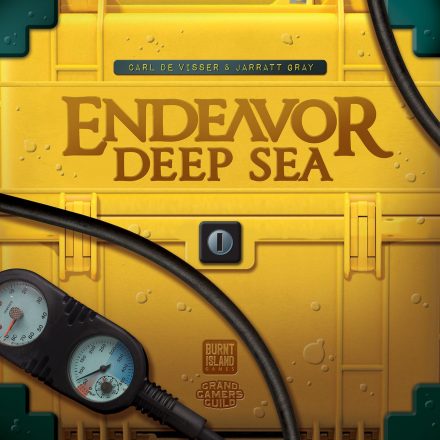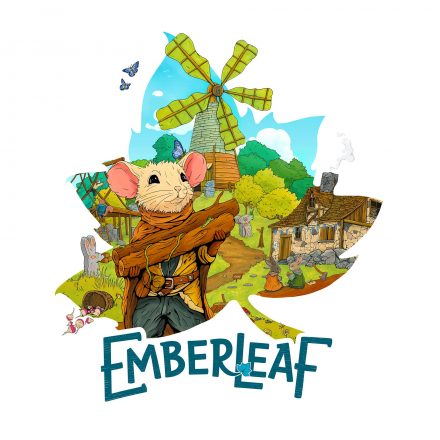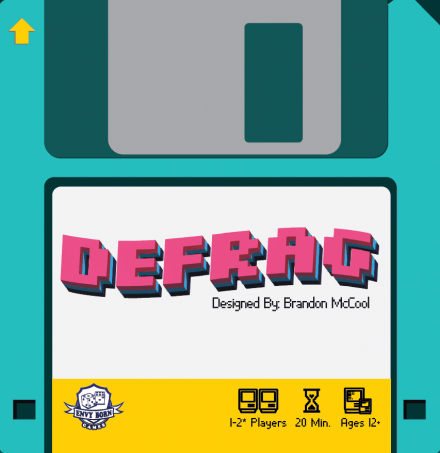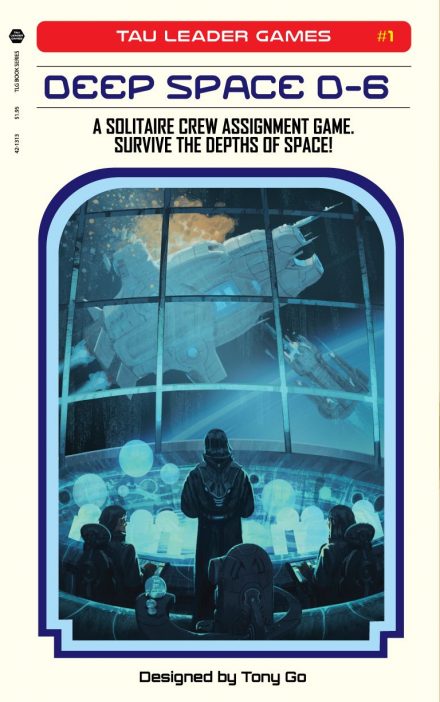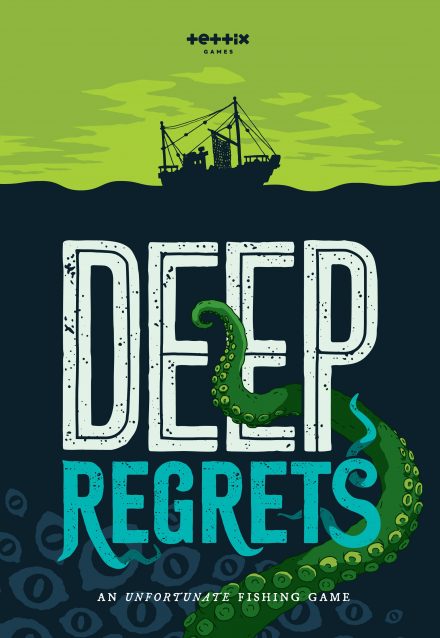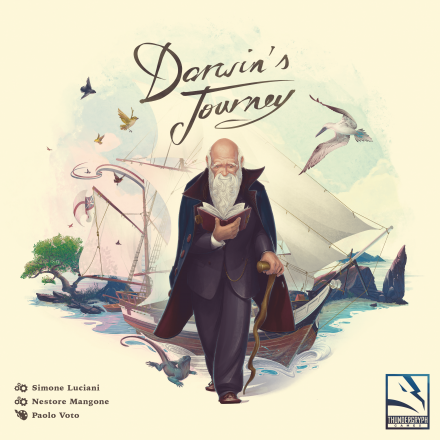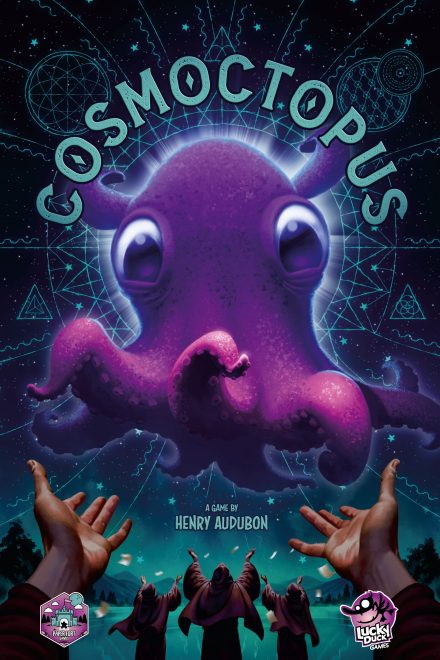Plunge into the modern era, where our planet’s vast interconnected ocean scape is one of the last frontiers to discover and explore. Experience a deep new ever-changing adventure in this followup to the smash hit Endeavor: Age of Sail!
In Endeavor: Deep Sea, you head an independent research institute with the goal of developing sustainable projects and preserving the fragile balance of marine life. Throughout the game, you’ll recruit field experts and use their abilities to explore new locations, research dive sites, publish critical ecological papers, and launch conservation efforts.
Expand your expertise, develop your team, and learn as much as possible about the sea. The action your institute takes now, could mean a healthy ocean and a sustainable future for the planet.
Endeavor: Deep Sea is designed by the same creative team behind Endeavor: Age of Sail and Endeavor. This edition is set in a new era of nautical discovery, but uses streamlined rules which will be familiar to fans of the original game.
Game Specifications:
- 1 – 4 Players
- 60 – 120 Minutes
- Difficulty Weight 2.92

